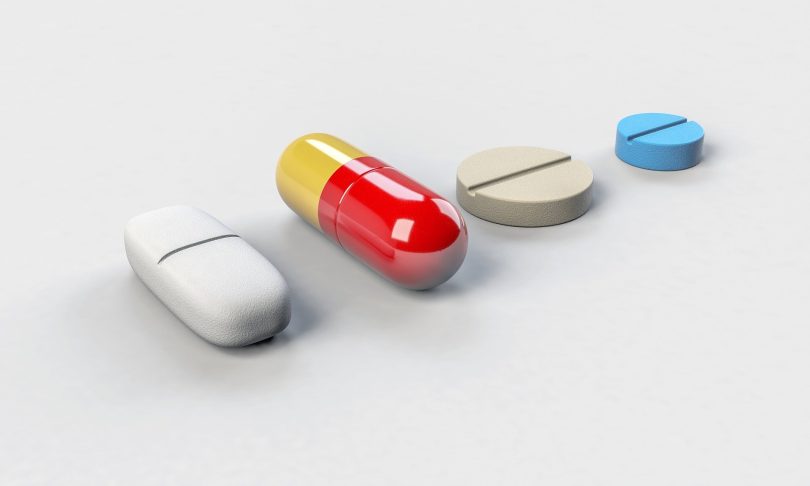Following a cancer diagnosis, it’s not unusual for individuals to research ways to boost immunity. Oftentimes, patients will head to the pharmacy and purchase an over-the-counter supplement without consulting their physician or dietitian. Not the smartest move. Many dietary supplements are associated with adverse reactions that may or may not affect the effectiveness of cancer treatment. Therefore, it is imperative that prior to implementation you discuss the usage of dietary supplements with your doctor and/or dietitian.
When dietary supplements are placed on the shelf for retail distribution, the product has not been approved by the FDA. This means that what is in the supplement may not actually be what is advertised. Looking for a US Pharmaceutical (USP) Seal of Approval can help with this but doesn’t limit potential risks with cancer therapies. Drug nutrient interactions are of particular concern during radiation and chemotherapy treatment. Specific supplements may speed up or slow down the efficiency of your cancer treatment. Therefore, discussing the safety of specific dietary supplements will help to avoid any adverse effects.
According to the World Cancer Research Fund, which is part of the American Institute for Cancer Research, dietary supplements should not be used for cancer patients. Instead, patients are encouraged to consume whole foods to attain the necessary and optimal amount of nutrients. It’s also necessary to consider that other additives are often added to the supplement to help form the pill or tablet. What if you are allergic to those ingredients or they cause an adverse reaction to your cancer treatment?
Then what is the best approach to get the recommended vitamins and minerals in the safest way possible? A variety of fresh fruits and vegetables will give you an adequate amount of the necessary vitamins and minerals that you need each day with the bonus of saving you money. Red fruits and vegetables are packed with antioxidants and vitamins A and C. Yellow and orange fruits, and vegetables also contain potassium and vitamins A and C. Dark green leafy vegetables are important not only for cancer patients but for the general population. These vegetables contain potassium, vitamin K, antioxidants, and fiber. Blue and purple fruits and vegetables help support memory, aging, and the urinary tract. So instead of purchasing 4-5 different supplements, aim to consume a “rainbow” of fruits and vegetables. You also want to continue to incorporate whole grains, lean meats, fat-free to low dairy products, and limit sugar, salt, and alcohol in your diet.
Now, there are instances in which supplements may be prescribed if you are diagnosed with cancer. This is based upon research of certain population groups and authorized by a doctor after thorough research and careful consideration of your disease state. Keep in mind that if your doctor wants you to be on a supplement, they will tell you which supplement to get, how much, and why you are taking the supplement. But, once again this is not a treatment to help resolve the cancer. Supplements used in this instance are carefully monitored by the doctor and reviewed by the dietitian to make sure the plan is beneficial to you as a patient.
Bottom line, be cautious when adding dietary supplements following a cancer diagnosis. Do your research, talk to your physician and dietitian, and aim for getting nutrient intake via whole foods first. Whole foods taste better and cost less, all while reducing the potential for adverse reactions that accompany dietary supplements.





